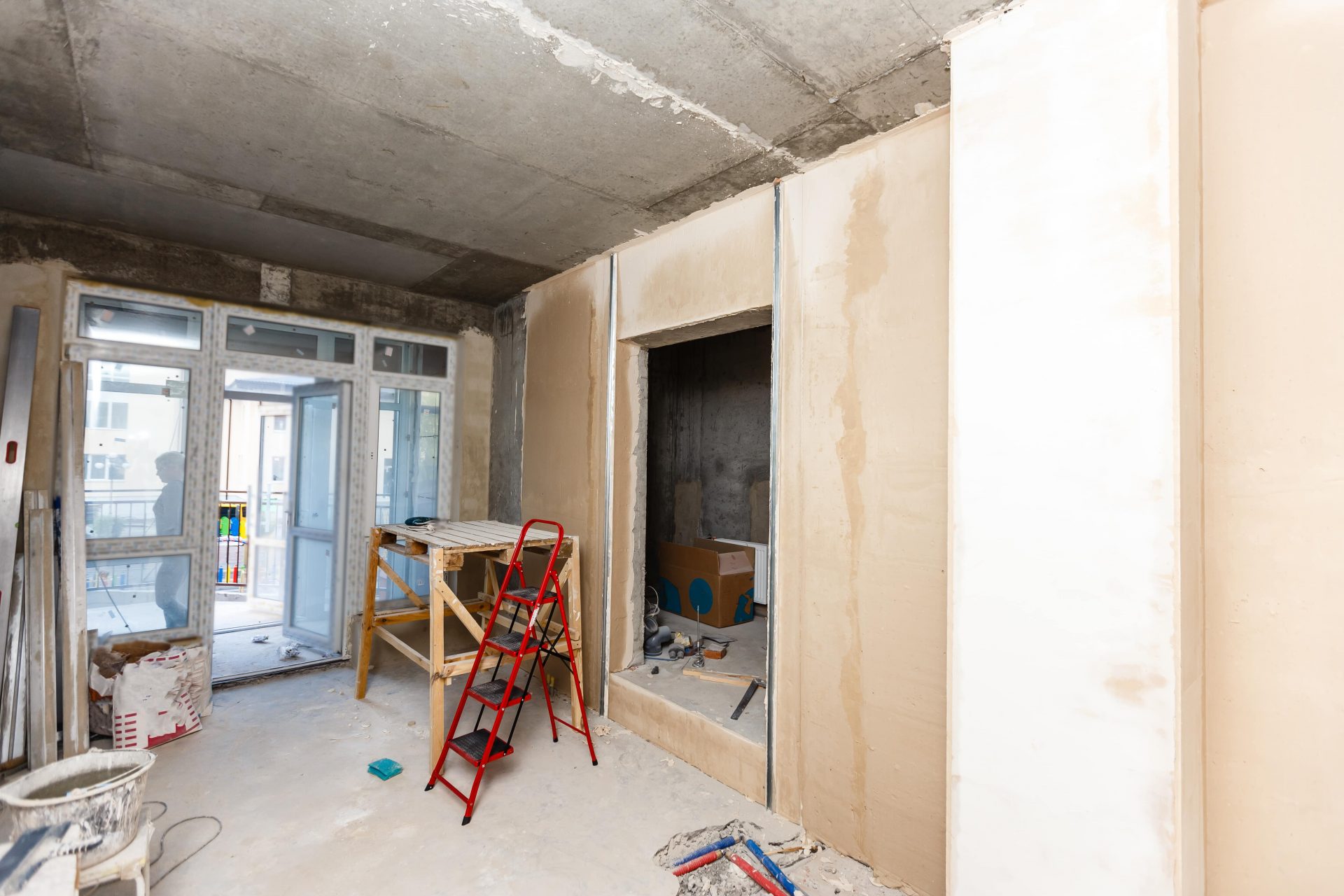It may be tempting to go ahead with alterations to your flat to avoid paying what can seem like large fees to freeholders, but beware, it can and is likely to backfire.
Looking at it from the other side of the fence, that of the freeholder and other leaseholders, it is a good thing to have reassurance that major works in neighbouring flats will be done professionally and to meet Building Regulations.
If the lease says you need to seek permission, then you really should do so. After all, the freeholder, your landlord, cannot withhold permission unreasonably, or levy unreasonable costs. The Leasehold Advisory Service offers a good overview1 and you can find commercial advice from solicitors and surveyors online.
If you do undertake works that are not up to standard, you can be required to put them right and, should structural works affect other flats, you could be facing a huge bill. When you come to sell the flat, you will surely be ‘found out’ and have to pay the freeholder’s administration charges and professional fees such as surveyors’ anyway. You can obtain a retrospective license, but you will hardly be in a good negotiating position at that point. The ultimate penalty is that you could forfeit your flat.
The sort of works for which you would reasonably expect a lease to require a license to alter include: structural alterations (such as the removal of chimney breasts, load bearing walls or creating openings within walls); changing windows; adding or moving a wet area, such as a kitchen of bathroom; installing air vents to reduce condensation in older buildings; or upgrading the heating system or boiler (which may also call for external vents and condensate drains).
Leaseholders will be pleased to know that they also have a say in what a freeholder allows another leaseholder to do. Licenses to alter cannot infringe on the landlord’s obligations to the leaseholders, as was determined in a case involving basement works, that the went all the way to the Supreme Court in 20202. This may mean that, especially in blocks with lots of flats, the process for obtaining a license could be more time-consuming. This could be bad news for lessees making alterations where the lease prohibits them so doing; and good news for lessees objecting to their neighbour’ plans.
When is consent required?
Most leases will contain one or more of three provisions:
- An absolute covenant prohibits the alteration absolutely,
- A qualified covenant prohibits alterations without the landlord’s consent,
- A fully qualified covenant provides that the alteration may only take place with the landlord’s consent which, must not be unreasonably withheld.
If the lease says nothing about alterations then leaseholders should therefore be free to carry out the alterations as they choose, but common sense should prevail when structural work is involved. Do consult a surveyor3.
3: https://www.rics.org/uk/find-a-member/
FP650-2022
The sole purpose of this article is to provide guidance on the issues covered. This article is not intended to give legal advice, and, accordingly, it should not be relied upon. It should not be regarded as a comprehensive statement of the law and/or market practice in this area. We make no claims as to the completeness or accuracy of the information contained herein or in the links which were live at the date of publication. You should not act upon (or should refrain from acting upon) information in this publication without first seeking specific legal and/or specialist advice. Arthur J. Gallagher Insurance Brokers Limited trading as Deacon accepts no liability for any inaccuracy, omission or mistake in this publication, nor will we be responsible for any loss which may be suffered as a result of any person relying on the information contained herein.
